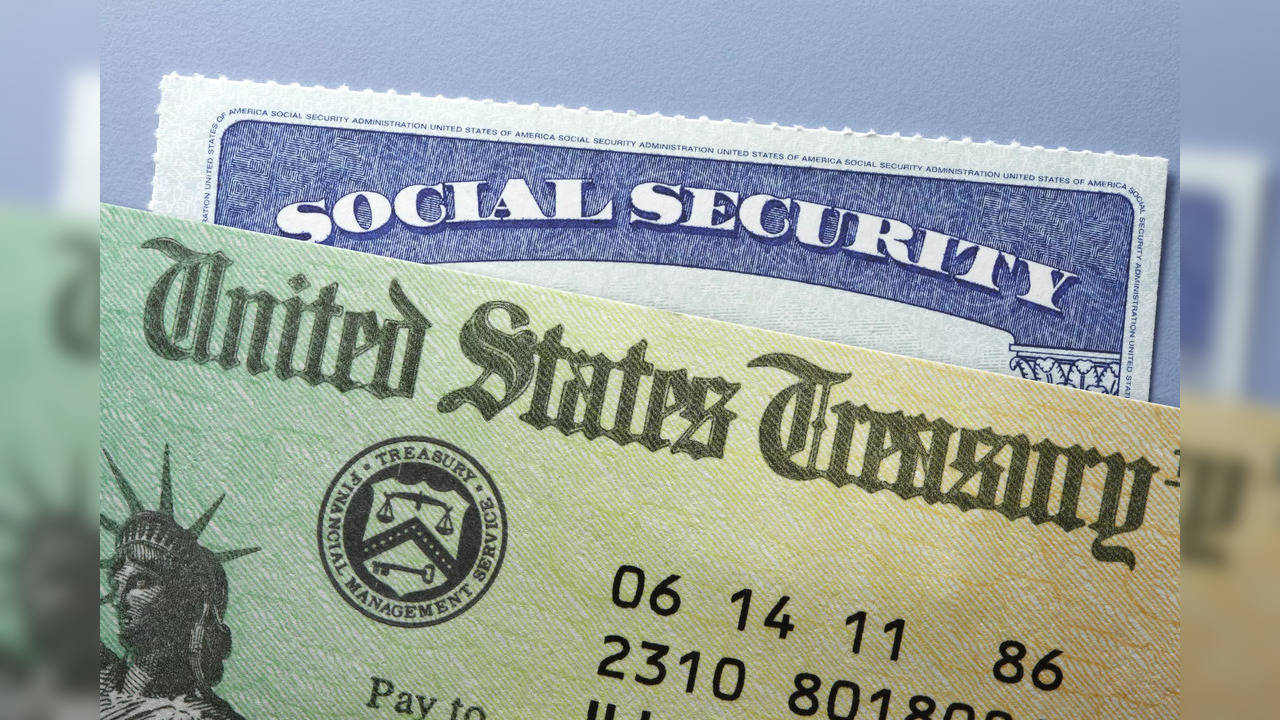Chris Ferguson, a firefighter, was shocked to learn that he could lose up to $1,300 a month from his Social Security payments because of a pension from a previous job. Ferguson, who worked in the private sector for 18 years before becoming a firefighter, had planned on retiring comfortably. However, federal policies regarding pensions and Social Security benefits were putting a serious dent in his retirement plans.
The Issue: Losing Social Security Payments
Chris Ferguson worked hard in the private sector for nearly two decades before joining the fire service. After 13 years of serving his community as a firefighter, he’s now facing a tough situation: a significant reduction in his Social Security benefits due to his pension from his previous job.
“I got on at 43, so I do have time paying into Social Security before taking this job,” Chris told CBS News. However, despite his years of hard work, he was at risk of losing $1,300 a month from his Social Security checks because of the Windfall Elimination Provision (WEP) and the Government Pension Offset (GPO).
“I’m getting penalized only because I have a public pension, and it’s no different if I would’ve had a 401(k) working a private sector job,” he added. The financial hit meant he could lose $1,300 a month indefinitely, which would drastically affect his ability to retire comfortably.
What is the Windfall Elimination Provision (WEP)?
The WEP is a federal rule that affects people who have worked in both the private and public sectors. The provision reduces Social Security benefits for workers who have paid into Social Security for only part of their careers, while also receiving a pension from a public sector job, like being a teacher, firefighter, police officer, or postal worker.
Many workers in the public sector who qualify for Social Security benefits find that the WEP rule reduces their expected monthly payments by more than half. This can lead to significant financial strain, especially for those who rely on these benefits to cover living expenses after retirement.
The Government Pension Offset (GPO)
The GPO is another rule that affects public sector workers. It reduces the amount of Social Security benefits someone is entitled to if they are receiving a pension from a government job. This often impacts spouses or survivors who are entitled to Social Security benefits based on their partner’s work history. Like the WEP, the GPO can drastically cut the benefits these individuals receive, sometimes leaving them with very little financial support.
For Chris Ferguson, these rules were a major concern. “Many of my colleagues work two jobs to make ends meet,” he said. “We shouldn’t be penalized for being public servants.”
The Social Security Fairness Act (SSFA)
Thankfully, a new bill, the Social Security Fairness Act (SSFA), is looking to fix this issue. This bipartisan bill seeks to repeal both the WEP and the GPO provisions that penalize public sector workers who have a pension and Social Security benefits. The SSFA was passed by Congress last weekend and is now moving forward for a vote in the Senate. If the bill is approved, it will soon reach President Biden’s desk for approval.
For Chris and many others in the public sector, this bill offers a much-needed solution. The SSFA will allow them to receive both their pension and full Social Security benefits without the penalty of the WEP or GPO.
Why the SSFA Matters
Since the 1980s, public sector workers who had worked in the private sector before joining government jobs have seen their earned Social Security benefits cut sharply because of the confusing WEP rule. The SSFA is a chance to correct these inequities, ensuring that public servants like teachers, firefighters, and police officers are not unfairly penalized for working in multiple sectors.
Chris is hopeful that with the passage of the SSFA, he and his colleagues will be able to enjoy the retirement benefits they have worked so hard to earn.
“The goal is to retire with dignity,” he said. “We shouldn’t have to choose between our pension and our Social Security benefits.”
What’s Next?
The Senate is expected to vote on the Social Security Fairness Act soon, and if it passes, the bill will be sent to President Biden for approval. If passed into law, it will ensure that many public sector workers can retire without fear of losing a significant portion of their Social Security benefits, giving them greater financial security in their later years.
(Source: Newsbreak.com)








